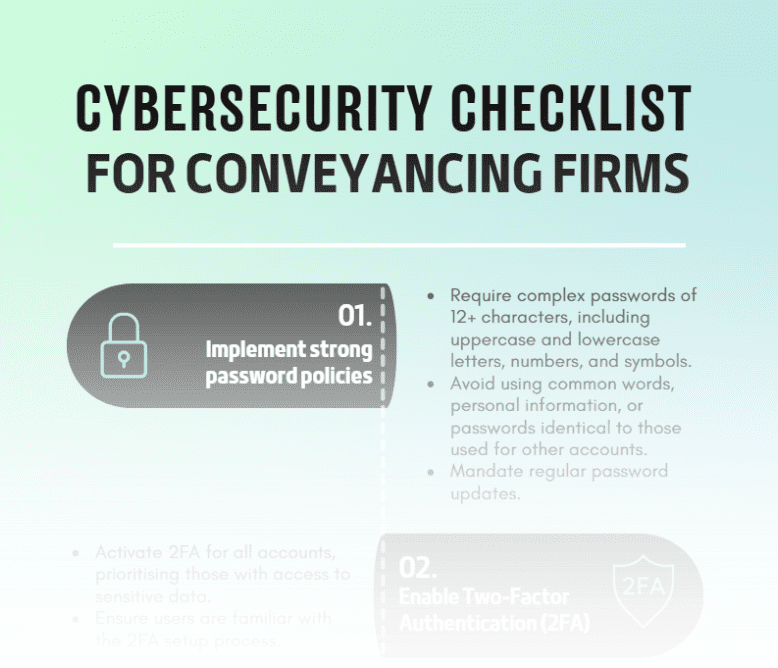Bookkeeping for your conveyancing business will always be a routine job. Whether you outsource your bookkeeping or do it yourself, you still need to be aware of and in control of your business’ financials consistently.
While there are many parts of bookkeeping that can be outsourced, here are four tips you can use to ensure you’re staying organised.
1. Keep personal and business accounts separate
Having your personal and business expenses mixed might not seem like a major issue when you’re in the early stages of your business growth.
However, it will be key for ‘tax time’ and monthly billing reports, that your business and personal accounts remain separate.
Having separate accounts will undoubtedly make it easier for yourself and/or your bookkeeper to organise relevant business purchases, invoicing and sales, not to mention the amount of time it will save both parties when it comes time to paying bills and lodging tax returns.
2. Know your business expenses
In the early months of starting your conveyancing practice, predicting your business expenses is going to be difficult, especially with what costs are deductible from your taxes.
The Australian Taxation Office recommends following its three golden rules for what is accepted as a valid business deduction, these include:
- The expense must have been for your business, not for private use.
- If the expense is for a mix of business and private use, you can only claim the portion that is used for your business.
- You must have records to prove it.
Following these rules, especially number three, will help discern between personal and business expense when bringing in an accountant, or doing your expenses at tax time.
3. Create regular reports
Bookkeeping your expenses can be one area of your business which may accidently fall behind or be neglected unless you stay diligent by executing regular reports.
Running reports on your cashflow in and out of the business, including the distinguishing of what expenses served what purpose, will be an extremely important aspect to report an accurate and beneficial tax lodgement each year.
Conducting in-depth reports on your bookkeeping records at the end of each quarter, paying close attention to trends like declining or growing sales, large expenses, or evidence of late-paying customers.
A proper evaluation of your numbers will help you to plan for a better cash flow in the future.
4. Use automated billing and invoicing
This applies to both the software and search solutions you use, as well as the method of billing and invoicing you currently use for your clients.
For your business, when it comes to paying routine expenses, having automated billing can help on multiple accounts, these include saving you time, improving accuracy of your amount owing, and can even save you on credit card processing fees.
As for your clients, having a system in place to automatically capture any disbursement expenses on top of your standard rate will improve your efficiency for sending out invoicing.
For example, using the all-in-one conveyancing solution, triConvey, includes access to powerful automated billing and trust accounting tools which capture your due diligence searches, limit the amount of billing errors as well as capture all disbursements owed to your firm and more.
Overall, bookkeeping can be an arduous task, especially while you’re trying to run a conveyancing practice.
However, keeping your books tidy, conducting regular reports, using integrated billing and trust accounting and knowing your expenses can go a long way to understanding.
For more business tips and tricks, subscribe to The Conveyancer Digest, today.






